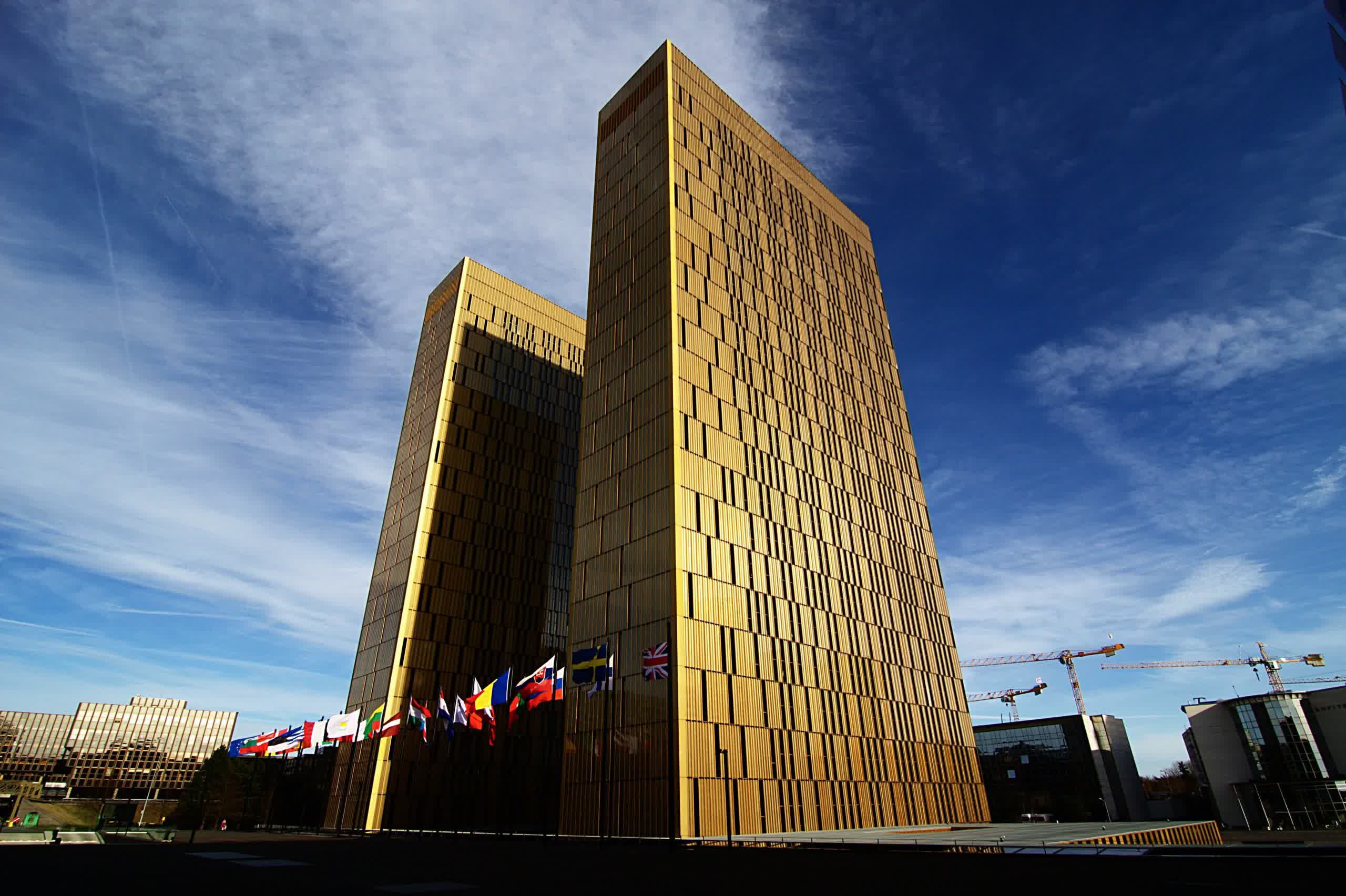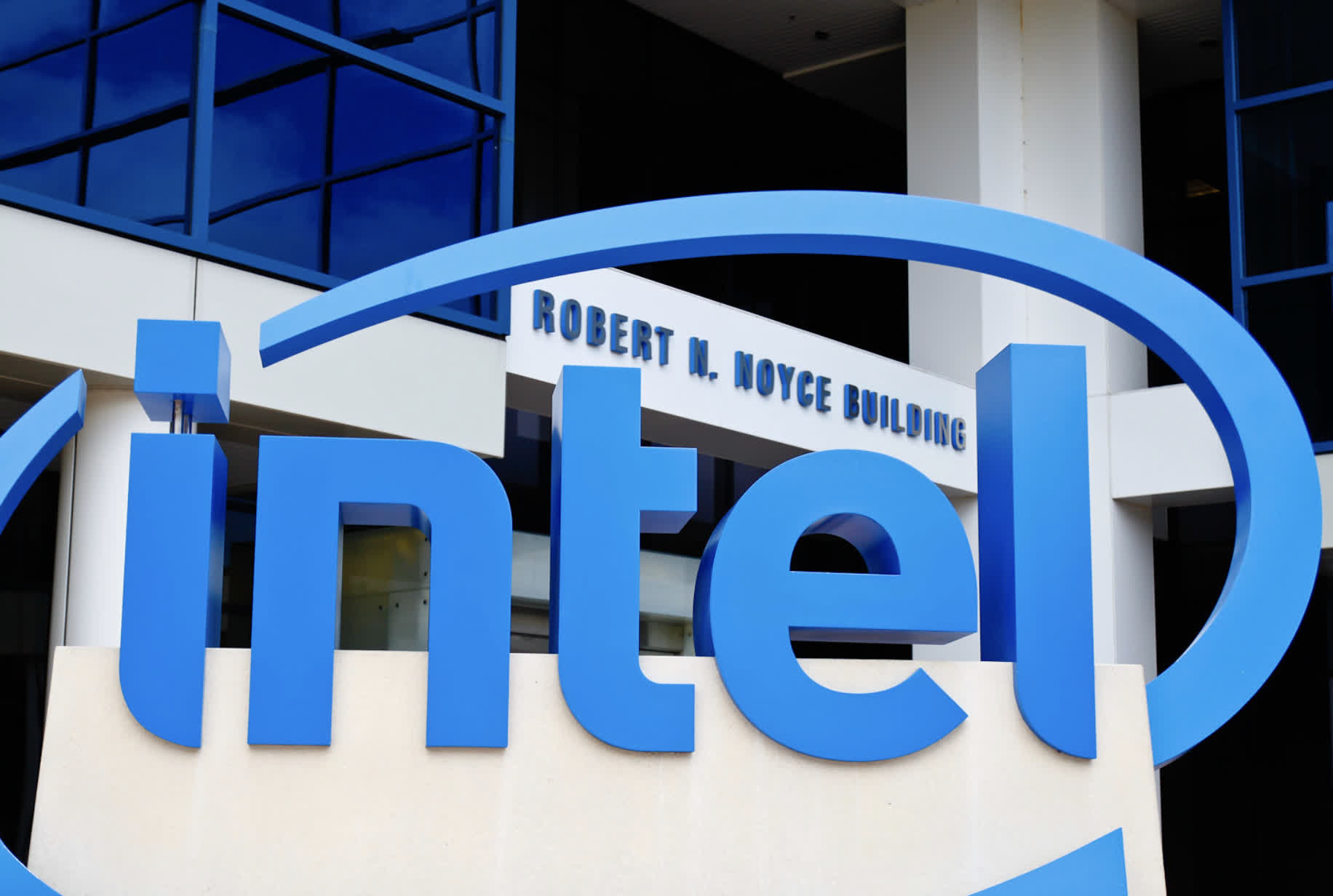What just happened? Intel scored a win this week in its 12-year fight against a European Union antitrust investigation. A European court struck down a fine of over a billion dollars Intel had been hit with for alleged anticompetitive behavior.

This week the EU’s second-highest court in Luxembourg ruled in support of Intel and dropped a fine of 1.06 billion Euros ($1.2 billion) that the European Commission levied against Intel. The case goes way back to 2000 when competitor AMD started raising complaints that Intel was giving European retailers special treatment, in the form of rebates, for favoring its processors over AMD's.

The European Commission handed down the fine in 2009, alleging that Intel paid manufacturers to favor its processors from 2002 to 2007. The manufacturing OEMs included Dell, HP, and Lenovo. Intel appealed to the Luxembourg court in 2012, saying the commission lacked sufficient evidence, but it upheld the ruling in 2014.
In 2017, the EU’s highest court—the Court of Justice (EUCJ)—ordered the Luxembourg court to reexamine Intel’s appeal. The new ruling seems to have come after that reexamination. AMD may still be able to appeal the ruling to the EUCJ.
The state of New York hit Intel with another antitrust suit in 2009, which Intel settled in 2012 for just $6.5 million.
https://www.techspot.com/news/93146-european-union-court-strikes-down-12-billion-intel.html